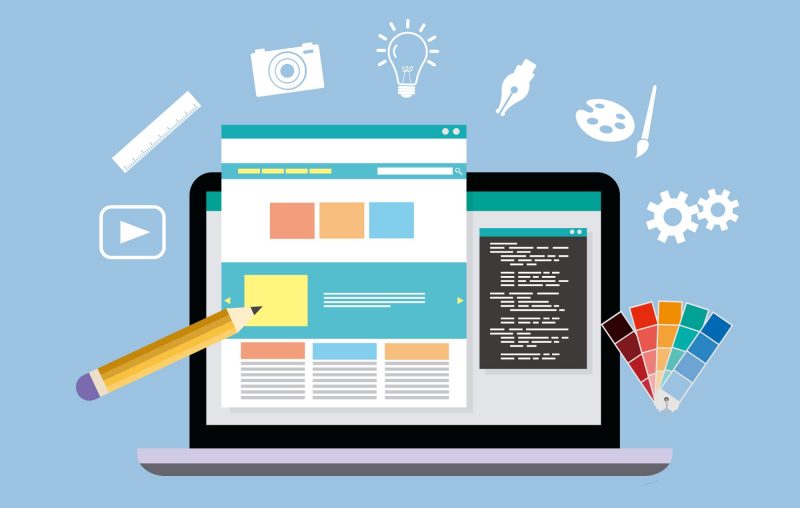Getting online is easier than ever. There are now over 200 million active websites, and a lot of them were made by regular individuals like you and me. Today anyone can make a website, regardless of technical skill level. We know it can seem like a daunting task, but there are tools available today that make the process easy such as WordPress.
-
Website Content
Before you take any step towardsbuilding your website, it is important to sit down and make a list of the things you want to include, keeping in mind the goal of your website. Is it to get email subscriptions? Is it to get purchases?
With that goal as your guide, map out your website content. The basics are your contact information, an introduction of who you are and what you are offering, a Call to Action (CTA) such as “Get Started” or “Add to Cart”, and links to your social media presence. Beside that you may want to consider having a member portal, customer service live chat, blog, and other website functions your business may benefit from.
-
Website Structure
After setting a plan for what content you want to include, you must map out how you want to set them. For instance, how many CTAs do you want and where to you want them to be placed? At the beginning, middle or end of your page? Will your blog me mentioned just as a link at footer of your page or will it have a central spot?
It is important to approach this thoughtfully while always keeping in mind your customer experience and navigation.
-
CMS and Web Hosting
A web hosting service allows individuals to make their websites accessible on the internet. In other words, you cannot have a functioning website without first finding a hosting service. On the other hand, CMS allows people without a coding background to create, customize, and manage a website. Your choice of hosting services depends on the size of your website and business requirements. For small business owners, Lynx Server has provided ideal affordable web hosting services.
-
Design
Depending on which platform you choose, you will have a series of available templates and themes to build on. You can also hire a professional designer to take care of this for you.
-
SEO
Your website is not complete if it doesn’t show up on people’s search engines. You can work on this through search engine optimization (SEO). Provide exposure to your page through blogs, meta tags, headings, among other things. These terms may seem daunting, but you can fine an easy guide here.
-
Maintenance
As soon as you launch your website, you must create a plan to maintain it. Set a calendar to check on your website frequently to make sure anything that must be renewed (such as blog posts) are updated.



